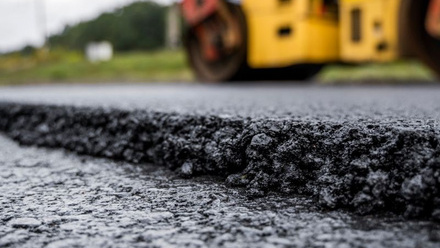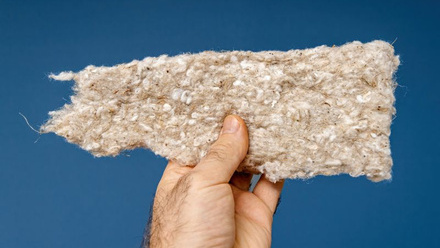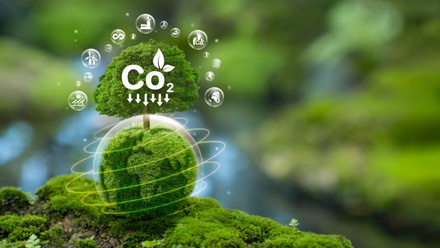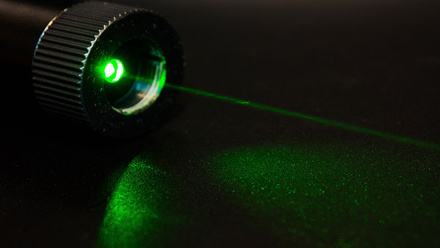Chemical recycling of bioplastics yields new product
Breaking down polylactic acid into a new product may be easier through chemical recycling. Idha Valeur catches up with the researchers.
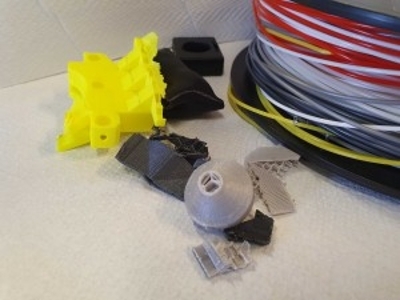
A chemical recycling method that is said to offer an alternative to composting bioplastic polylactic acid (PLA) is being explored at the University of Birmingham, UK.
The new approach is said to be quicker than composting in breaking the material down, will redirect any of the bioplastic from ending up in landfills, and also creates a second product – a biodegradable solvent for use in several industries including pharmaceuticals.
Professor Joe Wood, from the University of Birmingham, explains that a solvent, tetrahydrofuran, is used to convert ‘the solid polymer into a solution, then a zinc catalyst promotes a reaction between the dissolved polymer and methanol to break down the polymer chains and turn it into methyl lactate’.
The zinc-based catalyst is made at the University of Bath and is prepared by attaching a ligand to a metal centre that contains zinc to create a complex compound. The catalyst mobilises ‘a trans-esterification reaction in which PLA is broken down and reacted with methanol to form smaller molecules and eventually the green solvent, methyl lactate’, Wood says.
The catalyst has been tested at a 300ml scale and at a temperature range of 70-110°C on items such as a coffee cup, waste from a 3D printer and a child’s toy. ‘We are able to degrade more than 90% of the polymer and achieve yields of more than 90% of methyl lactate, depending on conditions used,’ Wood highlights.
The tetrahydrofuran solvent used to convert the polymer may be potentially harmful, like many solvents, but in this research, Wood says, it was used under safe and controlled conditions. He states that if the research is scaled up, it would be desirable to reduce use of the solvent or find a greener alternative.
‘Solvents are used in many industrial processes as a medium in which to carry out reactions,’ Wood says. ‘However, many are volatile or harmful compounds themselves which persist in the environment. Methyl lactate [produced by this process] provides a benign alternative to some commonly used industrial solvents, being derived from natural materials and is biodegradable. Methyl lactate is being investigated as a solvent for different kinds of cellulose, lacquers and stains and may find application in industries such as cosmetics and paints.
‘[Chemical recycling] produces a valuable material that can be used again, and so has advantages over other recycling techniques such as thermal and mechanical recycling which sometimes produce a lower grade product, and also provides an alternative to slow decomposition by composting.’
Moving along, the team aims to scale up from laboratory work so that waste can be processed at an industrial scale ‘maybe using a mobile processing unit, which could readily be transported to waste processing sites’, Wood explains. They are also investigating if the technique could be applied to other types of polymers and mixed wastes.



